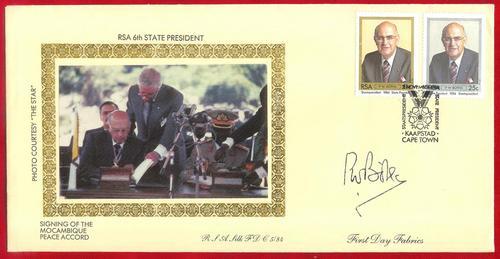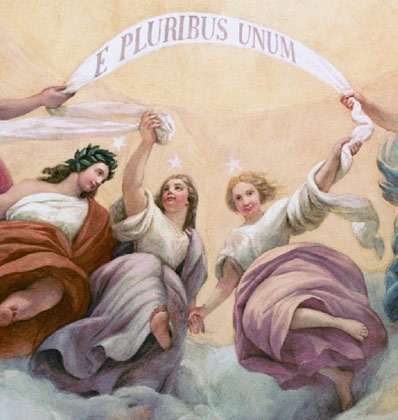Commemorating South Africa’s First Multiracial Election

SoFreedom Day is a public holiday in South Africa.

The people of South Africa Commemorates Freedom Day every 27th of April where the first election was held after the apartheid system was abolished in the country.
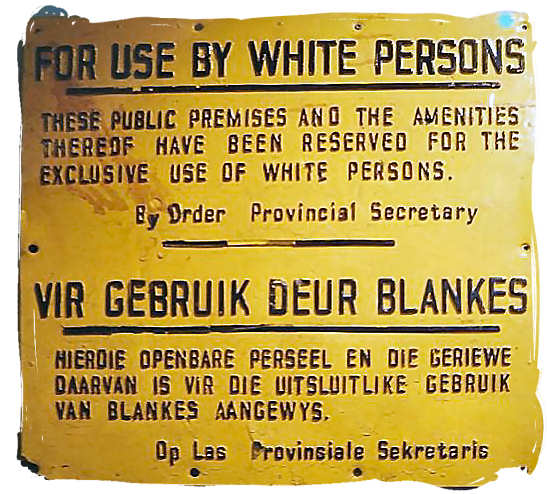
Before this was instituted non-white constituent of South Africa had limited rights, under the apartheid law, to vote for their chosen political candidates.

Apartheid was later abolished following the general election that took place in 1994 instituting the, what was then known, as the first universal adult suffrage in South African nation.
Freedom Date History
The legislation enforcing apartheid had various rules and acts which forbade inter-racial marriages, racial identification (i.e.) which was to have an identification card specifying the racial group the person belongs to.

This suppression eventually led to various rebel groups and the formation of African National Congress.
During the administration of P. W. Botha who became the prime minister in 1978 and led the white supremacist government various acts that would enable the whites to enforce their wills where passed. Severe actions were taken against the rebel leaders and most of them were executed.

Whipping was made a legal punishment for almost all kinds of offences.

Nelson Mandela the great leader was imprisoned on grounds of political offences. Emergency was declared which enabled Botha to make rules without having them made as decrees. Eventually nature took its toll on Botha who suffered a stroke in 1989.
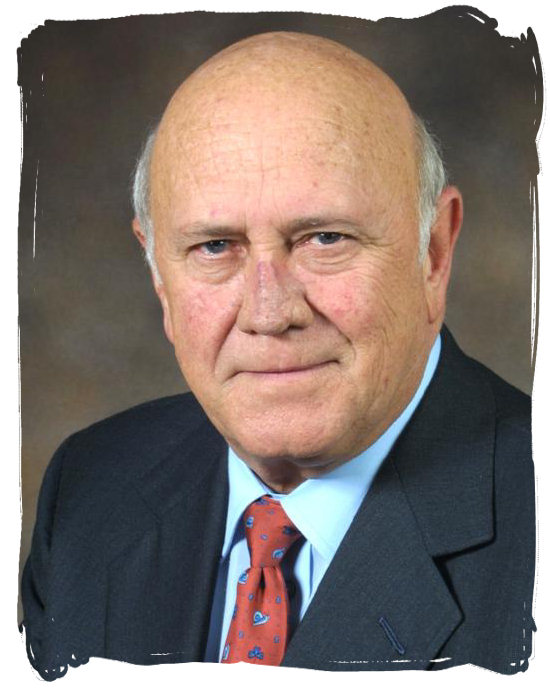
F. W. de Klerk succeeded him as the new prime minister of South Africa.
During the emergency rule of Botha and the civil war that had ensued the economy and trade had suffered great losses. In an attempt to make things alright and to end the civil war he called for negotiations with ANC.

Mandela was released from imprisonment after 26 years and the talks ensued.
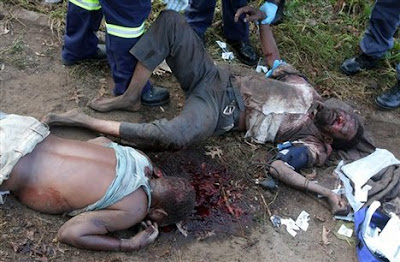
The Bisho Massacre which had 29 people murdered and more than 200 people injured ensured that talks would go smoothly between Mandela and de Klerk to put an end to racial violence. De Klerk had arranged a meeting comprising of all whites and it was decided that apartheid would be abolished when the matter was put to vote.

@ Huffington Post
In this Feb. 26, 1990 file photo veteran anti-apartheid activist Helen Suzman, right, holds hands with Nelson Mandela, when Suzman visited Mandela at his Soweto, South Africa, home. The Nelson Mandela Foundation said Thursday, Jan. 1, 2009, that South African anti-apartheid activist Helen Suzman has died. She was 91. Foundation chief executive Achmat Dangor says Suzman was a “great patriot and a fearless fighter against apartheid.” The cause of death was not immediately available Thursday. Suzman, who was white, was one of the few lawmakers who protested against white racist rule. She visited Mandela, the head of the then banned African National Congress, in prison in 1967 and became well-known for her campaigns against the injustices of apartheid. (AP Photo/John Parkin/file)
The abolishment issue had 67% of the whites supporting the cause. Finally Apartheid was abolished and the elections which had parties of different races competing were held. Until then only the whites were allowed to participate in Elections.
The 1994 elections were hailed by the international community and the African National Congress led by Nelson Mandela acquired power with overwhelming majority, thus ending the suffering of millions of blacks in South Africa.

This Victory was Celebrated not only as the end of Apartheid but as the Victory of Humanity.
The day of this revolutionary election April 27, 1994 is celebrated as the day of independence and freedom of South Africa, The Freedom Day of South Africa.
~~~~~~~~~~~~~~~~~~~~~~~~~~~~~~~~

